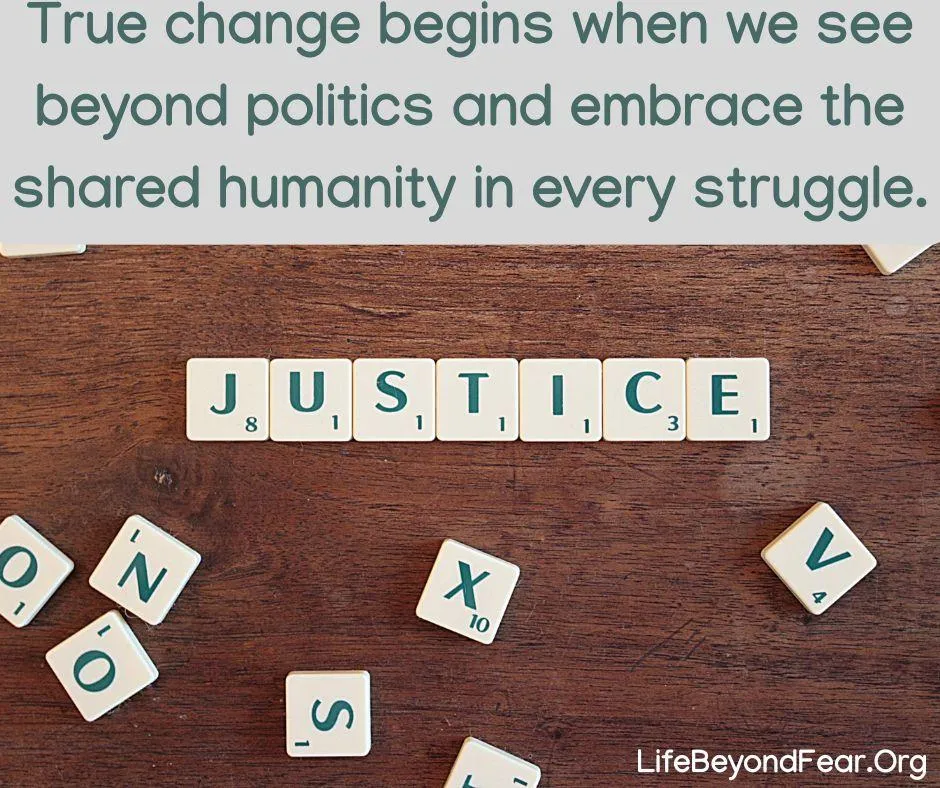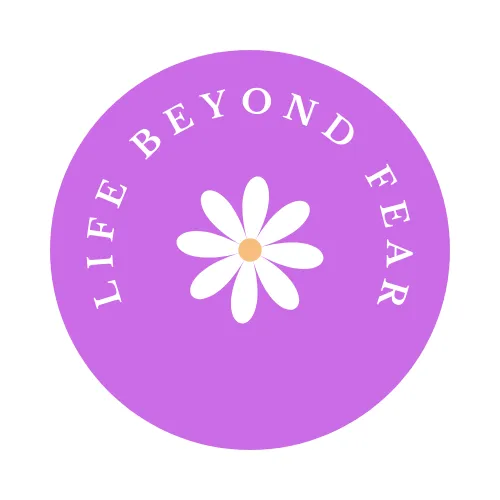There’s a whole world out there
See Newest Blogs

Beyond the Political Veil
Beyond the Political Veil: Unmasking Injustice in a World of Labels
Imagine a world where the cries for justice are muffled under the guise of politics, where the urgent call for human dignity is reduced to a mere political debate. But what if this labelling is a subtle strategy to undermine the gravity of human suffering?

In our global society, the term "politics" often serves as a catch-all for complex issues, including the injustices faced by countless individuals. Yet, when we classify these injustices as mere political matters, we risk trivialising the profound human impact they entail. This raises a critical question: When does politics cease to be politics, and when does it become a matter of human rights and moral obligation?
The Politics of Injustice: A Convenient Cloak
Labelling injustices as political issues can serve as a convenient cloak, allowing those in power to deflect responsibility and avoid meaningful action. By framing systemic inequalities, human rights abuses, and social injustices as political debates, we risk sidelining the urgent need for empathy, action, and change. This framing can desensitise us to the real suffering experienced by individuals and communities, reducing their struggles to mere points of contention in political discourse.
Unmasking the Human Element: A Call for Empathy
To truly address injustice, we must unmask the human element hidden beneath political labels. This requires a shift in perspective, where we prioritise empathy and human dignity over political rhetoric. By recognising the lived experiences of those affected by injustice, we can move beyond partisan divides and work towards solutions that honour our shared humanity.
The Power of Language: Shaping Perception and Action
Language plays a powerful role in shaping our perception of injustice. When we use terms like "political issue" to describe human suffering, we risk diminishing the urgency and moral imperative to act. Instead, we must use language that acknowledges the human cost of inaction and inspires collective responsibility. By reframing our discourse, we can foster a culture of compassion and accountability.
Insights and Reflections: Bridging the Gap Between Politics and Humanity
To bridge the gap between politics and humanity, we must cultivate a mindset of active engagement and responsibility. This involves recognising that injustices are not abstract political concepts, but real challenges that demand our attention and action. By fostering dialogue that centres on human dignity and justice, we can create a more inclusive and equitable world.
Conclusion: A Call to Action
Ultimately, the question of when politics ceases to be politics is one of perspective and priority. It challenges us to look beyond labels and engage with the core issues of justice and human rights. By refusing to let political labels obscure our vision, we can work towards a world where every individual's dignity is respected and upheld.
As we navigate the complexities of global challenges, let us remember that true change begins with empathy and action. May we find the courage to unmask injustice and stand together in the pursuit of a more just and compassionate world.

Copyright ©LifeBeyondFear.Org. All Rights Reserved.
Unlock the secrets to improving relationships at work, at home, and most importantly, with yourself. Discover the transformative power of meaningful connections and self-understanding.
